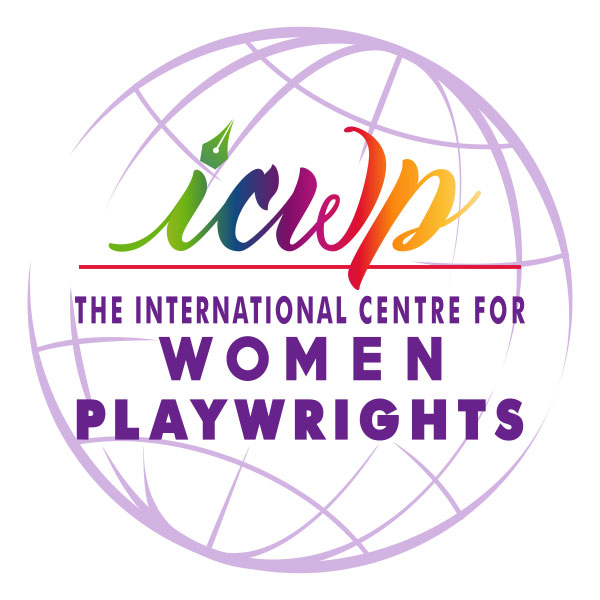Menu
Log in
To leave a comment you must be logged in as a member.
To comment click the blue button ![]() at the top of a post.
at the top of a post.
Powered by Wild Apricot Membership Software
To leave a comment you must be logged in as a member.
To comment click the blue button ![]() at the top of a post.
at the top of a post.



